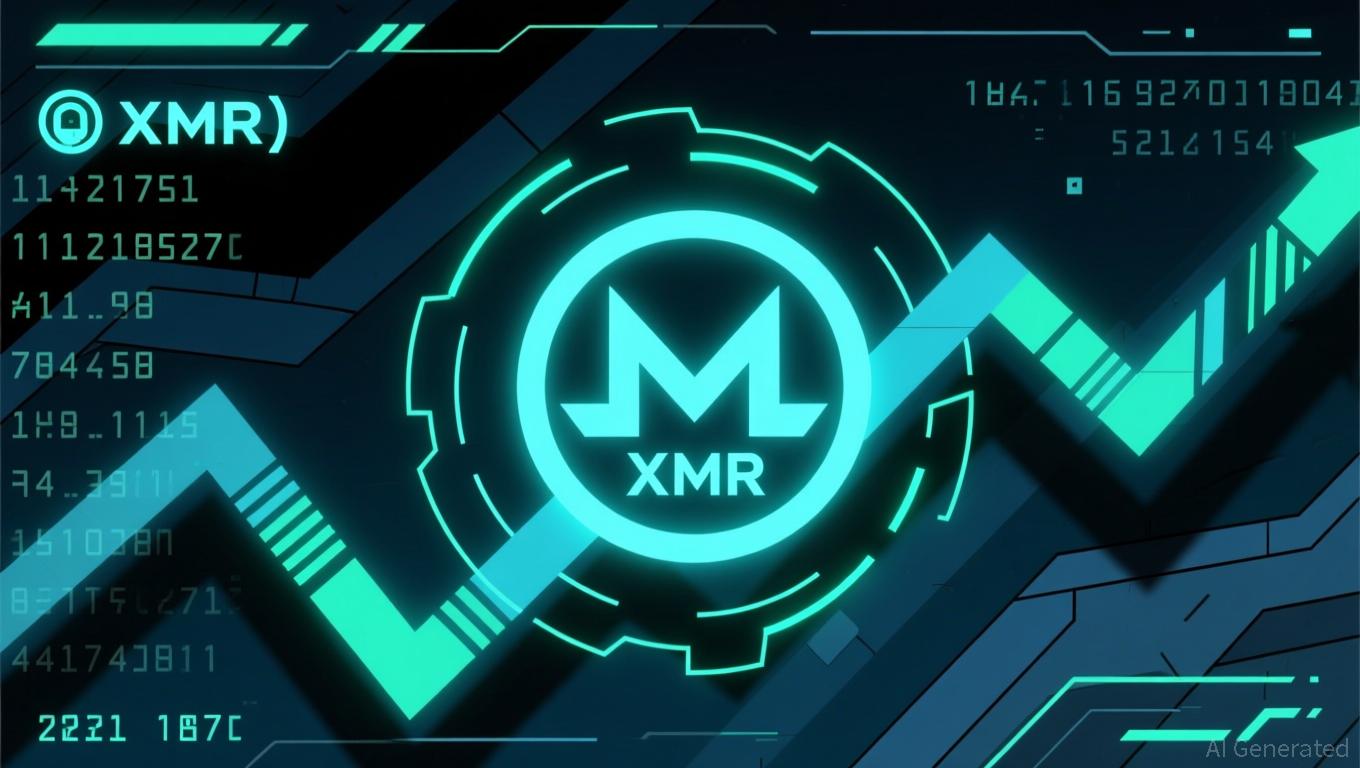SEC and Ripple Files Another Request to Reverse Securities Ruling
Ripple and the SEC continue to struggle over the issue of selling securities, with experts skeptical about their latest motion's success. If rejected, Ripple may face a permanent ban on retail sales.
After being denied by US District Judge Analisa Torres last month, Ripple and the SEC filed another motion to finally end their landmark legal battle. The two parties are again trying to relitigate Ripple’s right to sell securities.
However, legal commentators called this effort a “rare whiff” from Ripple’s legal team and do not believe it will work. If the court denies again, the company may need to accept its ban on selling securities for the time being, at least to retail investors.
Ripple and SEC Saga Continues
The SEC vs Ripple case, a landmark enforcement action of the Gensler era, has been dragging on for a while now. Despite the Commission dropping its suit in March, remaining loose ends have kept the two parties returning to court.
Today, they returned before Judge Torres, once again attempting to wrap up the last disputes.
— Eleanor Terrett (@EleanorTerrett) June 12, 2025
NEW: The @SECGov and @Ripple have jointly requested a Manhattan District court to dissolve the injunction in their ongoing case and release the $125 million civil penalty held in escrow. They’re proposing that $50 million be paid to the SEC, with the remaining funds returned… pic.twitter.com/UopQuQNG5q
Judge Torres rejected Ripple’s last joint filing with the SEC in May, causing the two parties to scramble to meet a June 16 deadline.
Their proposed deal cites a few “exceptional circumstances,” such as the SEC’s total shift on crypto policy, as sufficient justification to change a prior ruling.
The issue is whether the SEC should ban Ripple from selling securities under Gary Gensler. Simply put, the current Commission would like to reverse this decision. Large fees are also in the mix, but they’re a secondary concern.
Still, Fred Rispoli, a trial lawyer specializing in crypto cases, expressed skepticism with the move, considering the proposal sloppy:
“I don’t like this filing based on how obvious it was from Judge Torres’ last ruling that she was pissed. I recommended a long, detailed motion explaining the SEC’s failures in crypto regulation (with Commissioner declarations) and some apologies from Ripple for what it got tagged on. Instead, we got one paragraph on the other SEC dismissals and a paltry mention of the SEC Crypto Task Force. Oof,” Rispoli stated.
Legal experts on social media think this filing doesn’t make substantial changes in legal citations from the last attempt, and they believe Torres will reject this one, too.
However, in all likelihood, Judge Torres has the legal grounds to recognize the SEC’s renewed direction and accept this motion to dismiss the lawsuit.
So, June 16 remains the key date. If this motion doesn’t persuade the Judge, Ripple will have to wait until 2026 for another chance at dismissal.
At a certain point, even if both institutions wish to permit non-institutional securities sales, the choice may be out of their hands. Ripple may need to start seriously preparing for a future where it cannot reverse this ruling, period.
Disclaimer: The content of this article solely reflects the author's opinion and does not represent the platform in any capacity. This article is not intended to serve as a reference for making investment decisions.
You may also like
Monero’s reputation for privacy faces challenges from modular competitors and evolving regulations
- Monero (XMR) nears $400 as privacy-focused crypto gains traction amid evolving market demands for modular solutions. - Emerging rivals like Solana's GhostwareOS and Zcash challenge Monero's dominance with interoperable privacy features. - Regulatory pressures, including South Korea's expanded AML rules, heighten scrutiny on privacy coins despite their anti-surveillance design. - Analysts highlight Monero's "extreme privacy" legacy but note growing adoption of integrated privacy tools in active blockchain

As Crypto Markets Fluctuate, BI DeFi's Eco-Friendly Cloud Approach Draws Growing Attention from Institutions
- BI DeFi launches a blockchain-powered cloud computing platform combining renewable energy and advanced security to stabilize crypto market risks. - XRP's $180M inflow highlights growing institutional interest in digital assets despite broader market volatility and billions in sector outflows. - The platform's green energy data centers and automated yield settlements address ESG priorities while reducing blockchain's carbon footprint. - User-friendly features like $17 introductory contracts and $50K affil

FDV's Dilemma: Assessing Opportunity While Concealing Risk
- FDV (Fully Diluted Valuation) has become a 2025 key metric for evaluating crypto projects' long-term risks and scalability, especially for new layer-1 blockchains like Monad and Apertum. - Monad's $3.9B FDV despite 12% unlocked supply highlights "low float, high FDV" dynamics, while Apertum's 1.05x FDV-to-market cap ratio signals minimal dilution risk. - Critics note FDV's limitations, including price volatility assumptions and irrelevance for uncapped supply projects like Ethereum , requiring contextual

Switzerland Delays Crypto Information Exchange Pending International Coordination
- Switzerland delays crypto tax data sharing with foreign nations until 2027, citing unresolved CARF partner agreements. - The OECD's 2022 framework requires member states to exchange crypto account details, but 75 countries including the EU and UK face implementation challenges. - Transitional measures ease compliance burdens for Swiss crypto firms while awaiting finalized international data-sharing protocols. - Major economies like the U.S., China, and Saudi Arabia remain outside CARF due to non-complian

